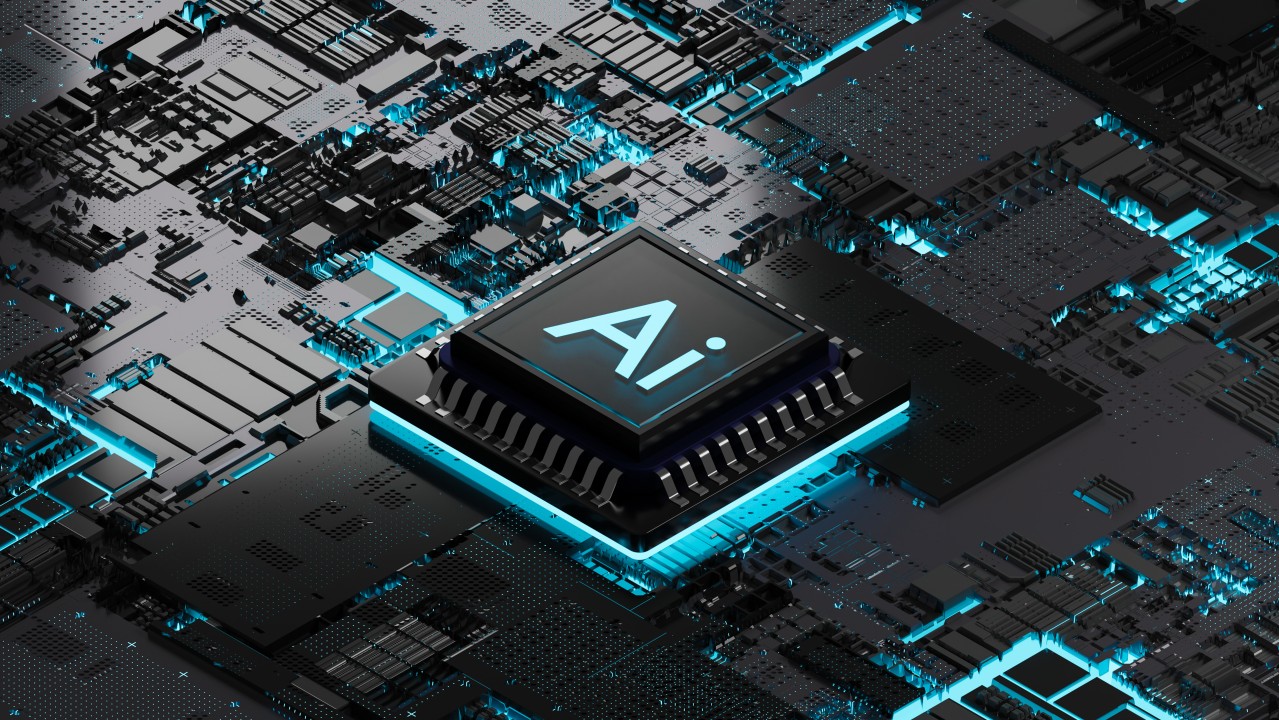
AI and GPT: What Policymakers Need to Know for the Future
Professor Rocky Scopelliti
Futurologist | Best Selling Author | Professor | International Keynote Speaker | Advisor | Board Director | Chief Scientist
Artificial Intelligence (AI) and Generative Pre-trained Transformer (GPT) technology have rapidly grown in recent years, with profound implications for businesses, governments, and society as a whole. Policymakers must understand the latest developments and future trends in AI and GPT to make informed decisions that promote economic growth, protect citizens, and maintain public trust.
Here are some of the areas from my new report 'Disruptive Decarbonisation' on where there is a pressing need for policy attention.
First, AI has the potential to transform industries and create new job opportunities by automating tasks and increasing efficiency. However, yes.... this will also lead to job displacement and there's nothing new in this aspect of change as we've observed with other major technological advances. This point I've been emphasising in recent media interviews. But it's the speed of this technological advancement that makes AI technology different requiring urgent attention on the development of strategies to retrain workers and mitigate the impact on the workforce. This issue I detailed in my article titled 'Closing Skills Gaps in Emerging Industries with AI and ChatGPT'. I also included a great case study in my recent 'Disruptive Decarbonisation' report on how the University of Technology Sydney's PLUS UTS Business Futures up-skilling and re-skilling programs are being leveraged by major organisations and governments to transform their workforces.
Second, AI and GPT raise important ethical and legal concerns, particularly in areas such as privacy, security, and bias. Policymakers must ensure that AI systems are designed and used in a responsible manner that protects the rights of individuals and society. Major concerns by educational institutions in these areas have resulted in the banning of this technology, but this can only be an interim measure as the technology becomes more pervasive.
领英推荐
Third, the development and deployment of AI and GPT are not evenly distributed across countries and regions, creating a risk of digital divide and exacerbating existing economic and social inequalities. Governments need to invest in research and development, provide education and training opportunities, and promote inclusive access to technology to ensure that the benefits of AI are shared by all.
Lastly, the potential of AI and GPT to revolutionise fields such as healthcare, finance, and education highlights the need for responsible innovation and regulation. Policymakers must balance the benefits of AI with its potential risks, ensuring that it is developed and used in a way that is ethical, transparent, and accountable.
In summary, AI and GPT technology will have a profound impact on the future of society, and policymakers must be informed and proactive in shaping its development and use. By working together with the private sector and civil society, business and governments can ensure that AI and GPT deliver on their promise and contribute to a better future for all.
Discover more detail on the impact of emerging technological developments and strategies here.